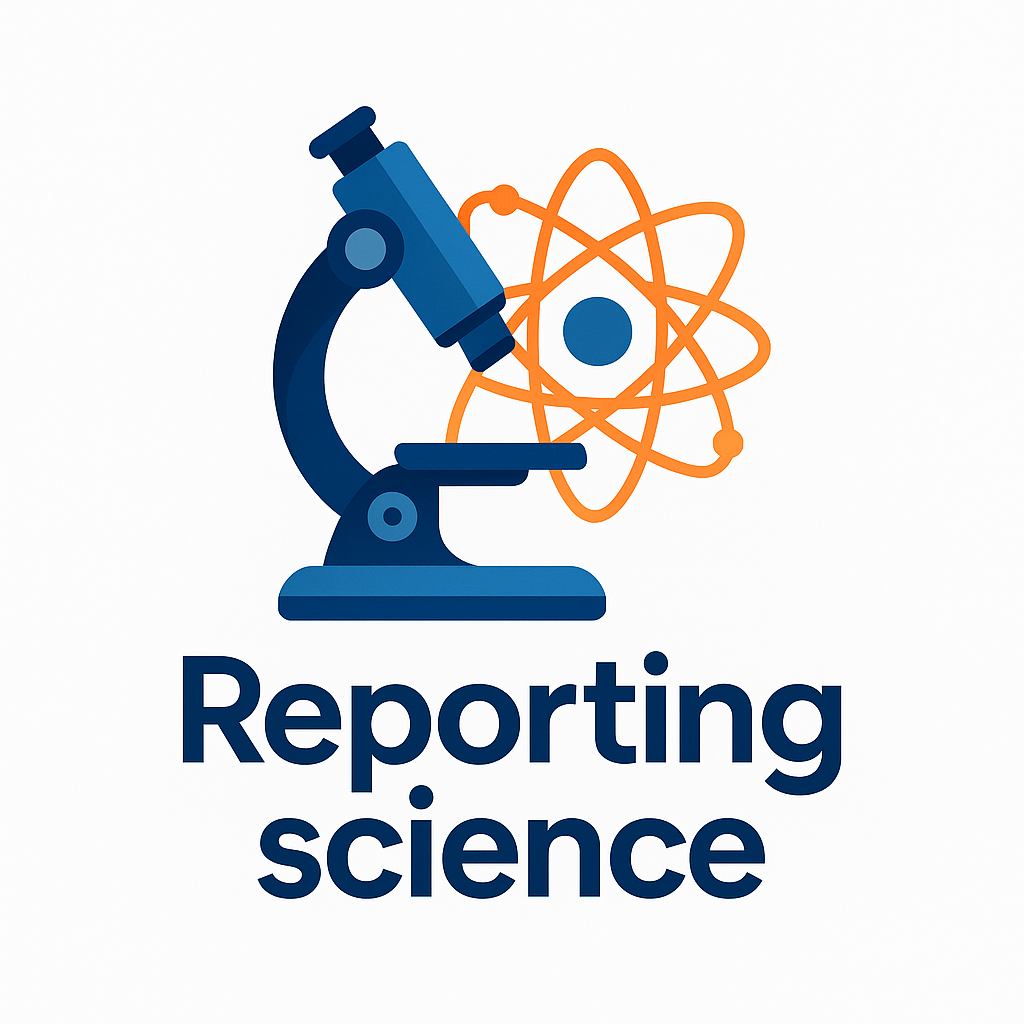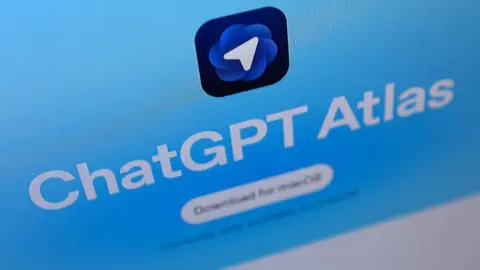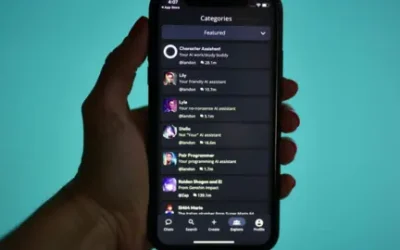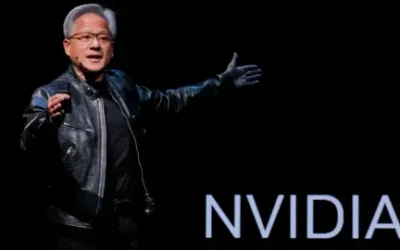OpenAI, the innovator behind the groundbreaking ChatGPT, has unveiled its own artificial intelligence-powered web browser. This new offering directly challenges established competitors, setting its sights on industry giants like Google, whose Chrome browser currently reigns as the world’s most popular.
In a significant shift for online navigation, ChatGPT Atlas, the new browser from the company behind the popular AI, has launched, conspicuously omitting the traditional address bar – a cornerstone feature of conventional web search.
According to company chief Sam Altman, the browser was explicitly “built around ChatGPT,” indicating a fundamental integration of its artificial intelligence capabilities at its core. The innovative web client made its debut on Tuesday, with initial availability for users on Apple’s MacOS operating system.
Here are a few options, maintaining a clear, journalistic tone:
**Option 1 (Focus on concurrent action):**
“The introduction of Atlas arrives as OpenAI actively explores new strategies to generate revenue from its extensive investment in artificial intelligence and capitalize on its rapidly expanding user community.”
**Option 2 (Focus on strategic alignment):**
“Atlas’s debut aligns with OpenAI’s broader ambition to monetize its substantial commitment to artificial intelligence and leverage its burgeoning user base.”
**Option 3 (More direct, emphasizing new opportunities):**
“With Atlas now available, OpenAI is seeking fresh opportunities to generate income from its significant AI endeavors and maximize the potential of its growing user community.”
OpenAI has confirmed that its upcoming “Atlas” feature will include a paid agent mode. This premium service is designed to autonomously conduct searches, providing an enhanced, self-sufficient experience for users of the company’s popular chatbot.

The forthcoming “agent mode” feature for ChatGPT is set to be an exclusive offering, accessible solely to paying subscribers. This new functionality is designed to leverage the chatbot’s capabilities, aiming to deliver significant enhancements in speed and overall utility by intelligently interacting with the user’s browsing context.
In a concerted effort to draw users to its digital ecosystem, the company has launched a range of new partnerships. These strategic alliances include collaborations with prominent e-commerce sites like Etsy and Shopify, as well as major booking platforms such as Expedia and Booking.com.
At OpenAI’s DevDay conference held earlier this month, CEO Mr. Altman revealed a monumental surge in ChatGPT’s adoption, announcing the AI chatbot now serves a staggering 800 million weekly active users. This figure marks a doubling from the 400 million reported just last February, a rapid expansion confirmed by data and research firm Demandsage.
The new OpenAI browser is expected to undergo rigorous evaluation by early adopters, according to Pat Moorhead, CEO and chief analyst at Moor Insights & Strategy.
However, one expert cast doubt on Atlas’s ability to genuinely disrupt the dominance of Google Chrome or Microsoft Edge. The sentiment articulated suggests that everyday users, newcomers, and corporate entities will likely opt to wait for their established, preferred browsers to integrate such advanced capabilities.
Mr. Moorhead further underscored that Microsoft Edge currently boasts a wide array of these functionalities.
OpenAI’s current struggles emerge exactly one year after Google was officially designated an illegal monopolist within the online search market.
In a recent judicial decision targeting Google’s significant market dominance, the tech giant successfully avoided a major divestiture. Federal prosecutors from the US Justice Department had specifically pushed for an order mandating Google to spin off its Chrome web browser as a key remedy for its perceived monopoly power. However, the ruling did not include such a directive, sparing Google from a forced separation of one of its flagship products.
A significant trend is emerging among internet users, who are increasingly turning to large language models (LLMs) such as ChatGPT as their primary resource for seeking information and personalized recommendations.
Large Language Models (LLMs) are rapidly gaining traction in web search, now capturing nearly six percent (5.99%) of all desktop browser queries as of July, according to the research firm Datos. This figure represents a significant year-over-year surge, more than doubling the LLM share from just 12 months prior.
Google’s substantial investment in artificial intelligence has translated into a key operational shift over the past year: the prioritization of AI-generated answers for user queries appearing prominently in its search results.







